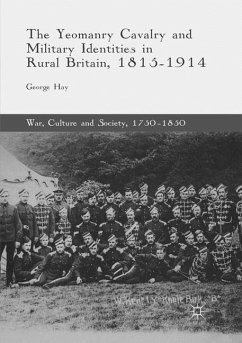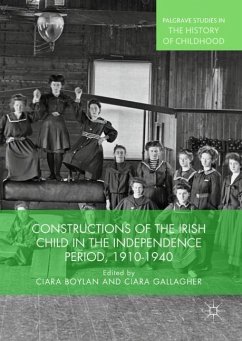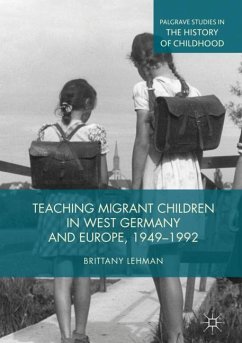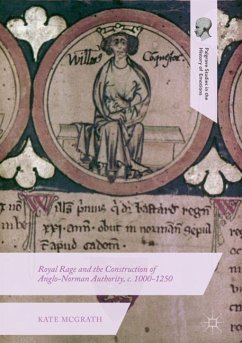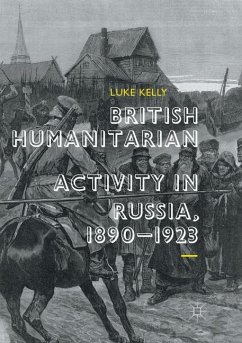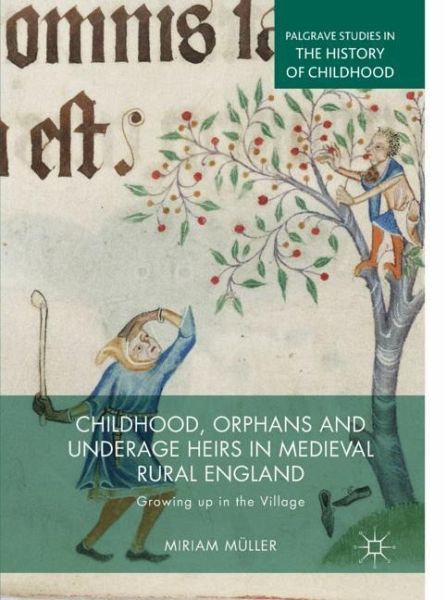
Childhood, Orphans and Underage Heirs in Medieval Rural England
Growing up in the Village

PAYBACK Punkte
31 °P sammeln!
This book explores the experience of childhood and adolescence in later medieval English rural society from 1250 to 1450. Hit by major catastrophes - the Great Famine and then a few decades later the Black Death - this book examines how rural society coped with children left orphaned, and land inherited by children and adolescents considered too young to run their holdings. Using manorial court rolls, accounts and other documents, Miriam Müller looks at the guardians who looked after the children, and the chattels and lands the children brought with them. This book considers not just rural co...
This book explores the experience of childhood and adolescence in later medieval English rural society from 1250 to 1450. Hit by major catastrophes - the Great Famine and then a few decades later the Black Death - this book examines how rural society coped with children left orphaned, and land inherited by children and adolescents considered too young to run their holdings. Using manorial court rolls, accounts and other documents, Miriam Müller looks at the guardians who looked after the children, and the chattels and lands the children brought with them. This book considers not just rural concepts of childhood, and the training and schooling young peasants received, but also the nature of supportive kinship networks, family structures and the roles of lordship, to offer insights into the experience of childhood and adolescence in medieval villages more broadly.






